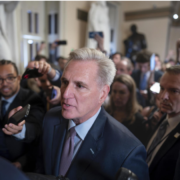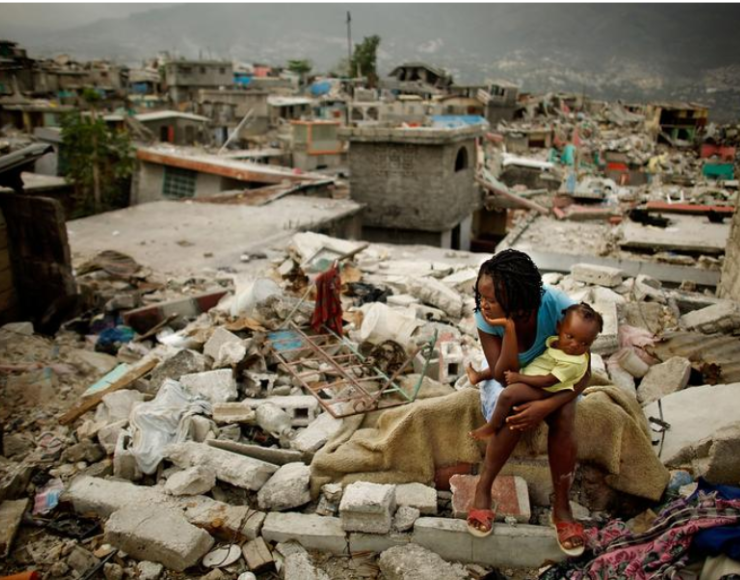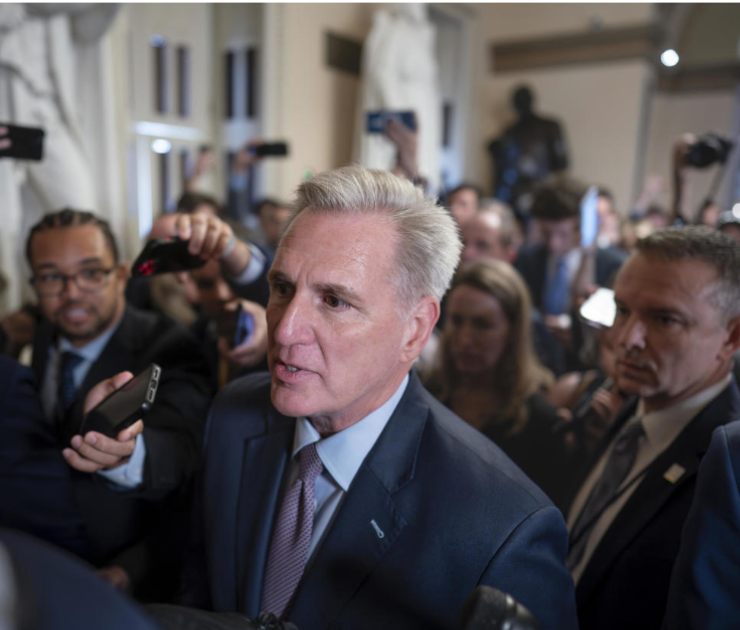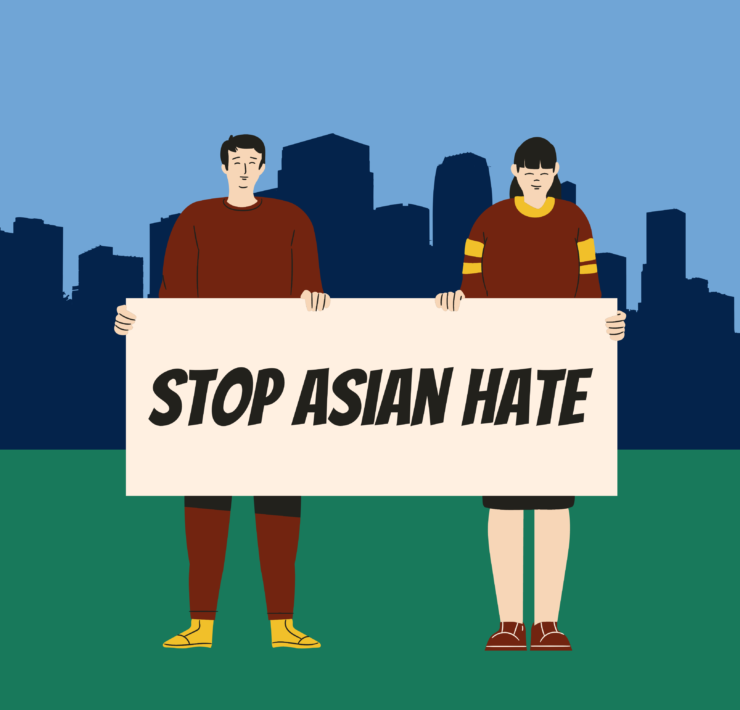Pandemic-instated Curfews Cause Varying Consequences Worldwide
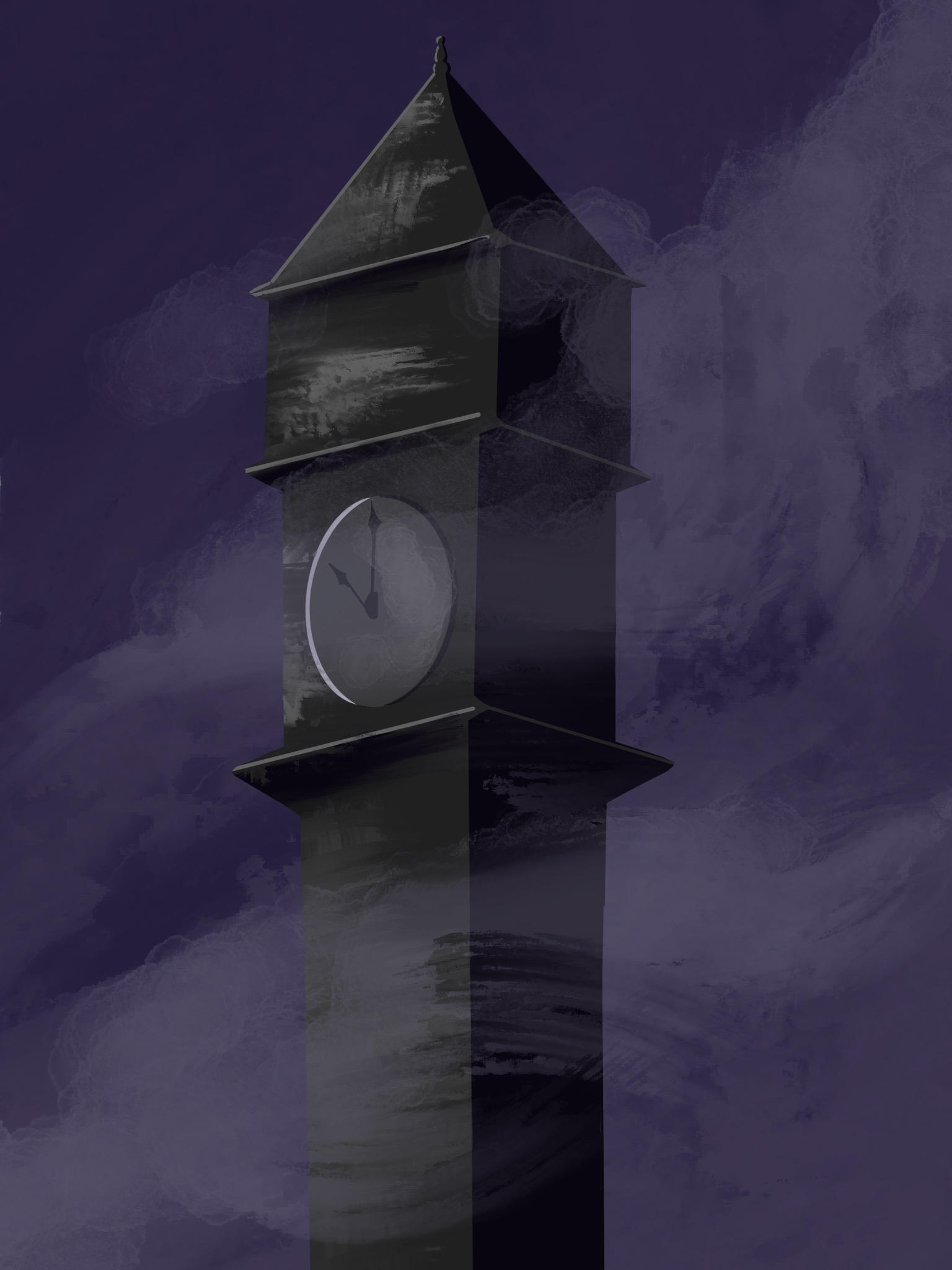
Though some countries have benefited from nationally implemented curfews, others have faced even more challenges than the pandemic itself.
As the COVID-19 pandemic continues to spread, many countries across the world have enforced curfews in an attempt to slow the spread of the disease.
Some curfews resulted in food shortages and left some citizens starving. In Afghanistan and Haiti, curfews and restrictions have affected the food supplies. According to The Guardian, this caused the number of people on the brink of famine in the country to rise sharply from 2.5 million last September to 3.5 million in May.
In Mali, the curfews affected women’s working hours. These curfews closed off access to crop fields during the hours in which women were allowed to work, but kept them open for men. This caused many households to be left with fewer sources of income and less money for necessities such as food.
Other countries saw rebellions towards these government-mandated curfews. In Manchester, the government set a curfew that closed bars and restaurants at 10 P.M. in an attempt to prevent late-night parties. Despite the curfew, many people continued to buy drinks and roam the streets at night.
In other countries such as the US, when curfews were enforced to prevent the spread of the virus during the Black Lives Matter movement protests, many took the restriction personally. Some turned to losing shops to showcase their opposition.
As countries continue to fight the pandemic, governments across the world simultaneously search for methods that will best stop the spread of the COVID-19 virus while also battling social issues.
Anusri is a former staff writer for The Talon. In her free time she likes listening to music and taking walks. She hopes to major in biology or chemistry.
Rebecca is a former Editor-in-Chief for The Talon. She enjoys dabbling in fine arts, like drawing and painting and creative writing, in her free time.

